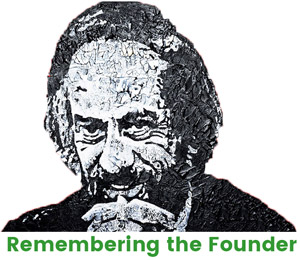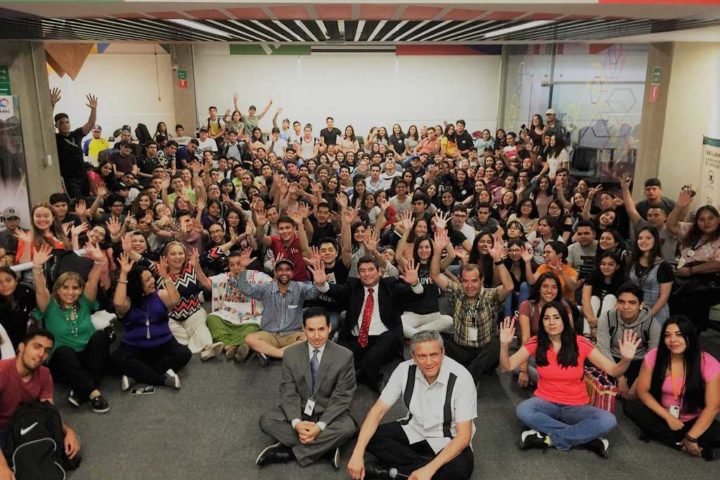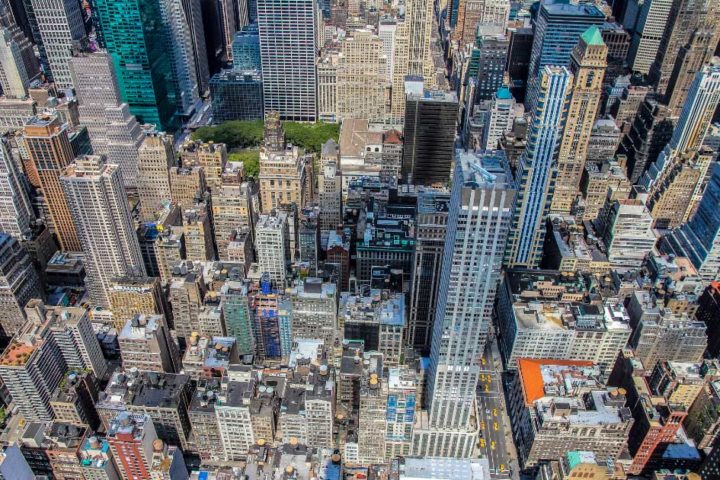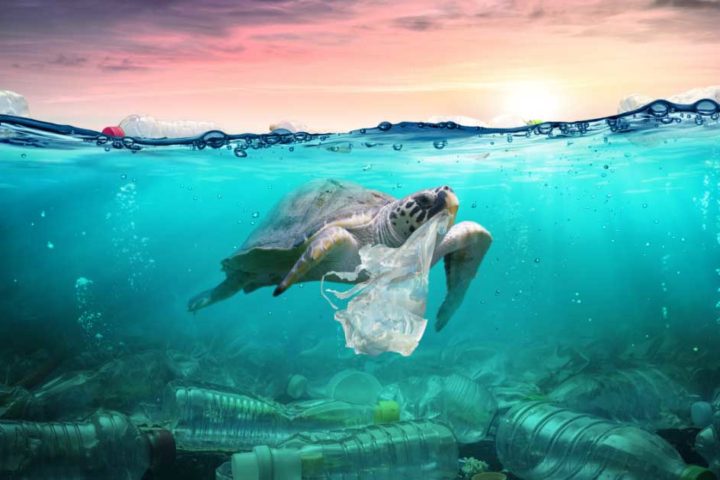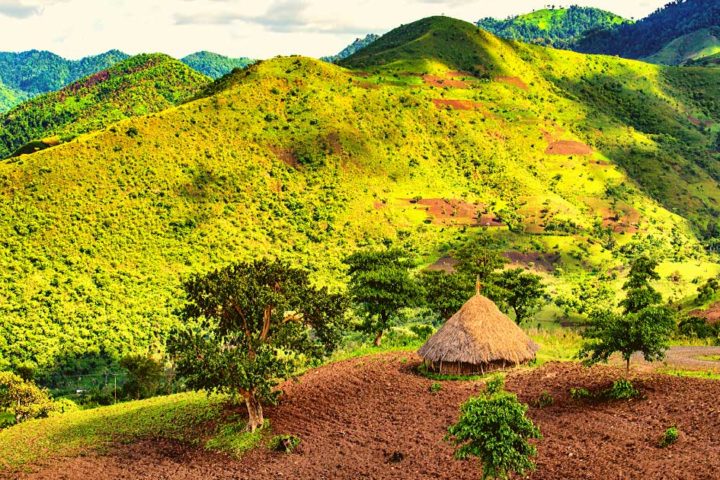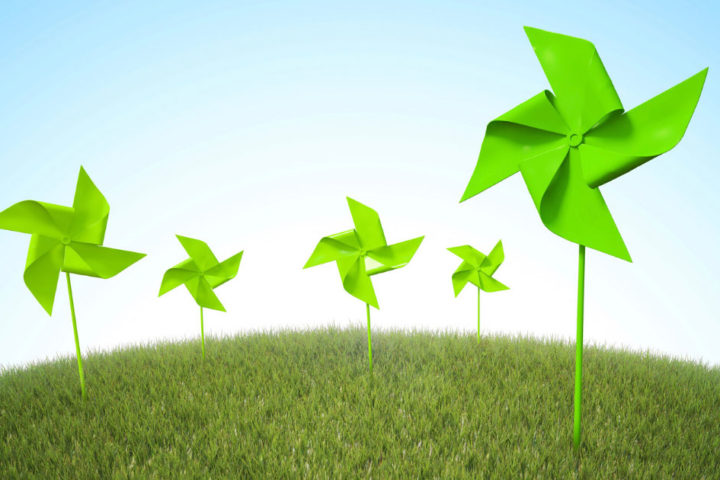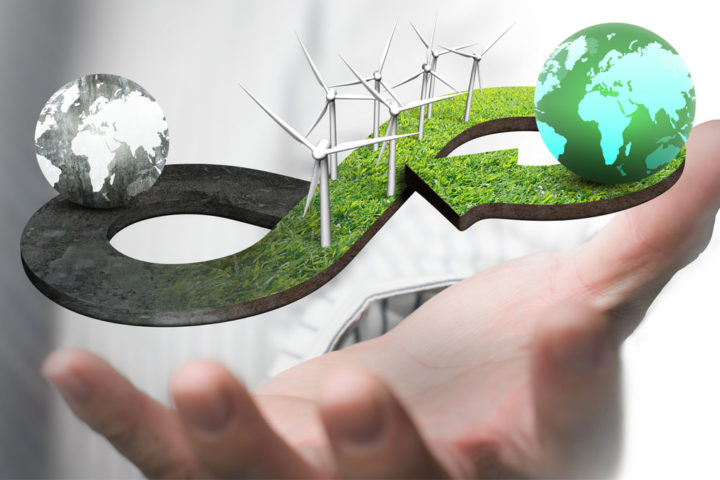Analytical Briefs on Climate Ambition and Sustainability Action
The analytical briefs series titled—Climate Ambition and Sustainability Action (CASA)—seeks to drive ‘ambition’ and ‘action’ to address the global issue of climate change and to realize the sustainable development goals. CASA is the Spanish word for ‘home’ symbolic of the only home we have: Planet Earth. CASA series is brought out jointly by World Sustainable Development Forum and Protect our Planet Movement. The briefs analyse topical issues related to climate and sustainability ambitions and actions and is targeted at policy makers, politicians, thought leaders, business leaders and the development community. The briefs below can be accessed in HTML and PDF formats.
(English) The Ocean: Life Below Water and Why it Matters
(English) The ocean covers around three-quarters of the earth's surface and contains more than 90% of living species on our planet. The ocean is also the single largest ecosystem in the world, and it provides food for billions of people worldwide, as well as maritime transport, renewable energies, and other goods and services like regulating, cultural and supporting services.
(English) Planetary Health: COVID-19’s Warning to the World
(English) The rapid spread of Coronavirus Disease 2019 (COVID-19) is having profound social and economic impacts across developed and developing countries. On March 11, 2020, the World Health Organization declared the COVID-19 outbreak a pandemic,
(English) Youthquake and the POP Movement: Tapping into the Potential of Youth for a Sustainable Future
(English) One grounded solution that is universally agreed upon by activists and reformers who combat the teeming problems of today, is the championing of youth leadership. Empowering youth and trusting them to lead has come to be viewed as an option for the road ahead as the world ventures to evolve a new narrative of sustainable development which is sensitive to protecting the global commons and the earth’s ecosystems.
(English) Subnational Initiatives and Actions: Commitments and Actions by Sub-national Actors Key Towards the 1.5°C Goal
(English) The Intergovernmental Panel on Climate Change (IPCC) 2018 special report on warming of 1.5°C stressed on the need for all actors including state, sub-national, and non-state to strengthen climate action, and highlighted cooperation between actors as a critical mechanism for halving emissions by 2030 in order to meet the 1.5°C goal (IPCC 2018).
(English) The Perils of Sea Level Rise and Ocean Pollution: Are Current Responses Sufficient to Address this Local, Transboundary and Global Problem?
(English) Goal 14 of the sustainable development goals focuses on ‘Life Below Water’. The oceans of the world are facing a serious threat not only from sea level rise due to melting of ice on land and the Arctic ice cover, thermal expansion of the ocean and the rapid increase in ocean pollution from human activities, including plastic waste.
(English) Visionary Leadership in Developing Countries and Economies in Transition: Will only National Policies Suffice?
(English) Science has established that due to implications of scale, magnitude, and irreversibility, global climate change constitutes a critical development and security issue. There is a need for action in terms of mitigation and adaptation by all countries irrespective of development status.
(English) Visionary Leadership in Industrialized Countries: Are Responses Sufficient to Address a ‘Global Commons’ Issue?
(English) Under government real-world action based on current policies, the global temperature is projected to rise by 3˚C and under the most optimistic policy scenario, the global temperature is projected to rise by 2.8˚C (CAT 2019). Since 1751, the world has already emitted over 1.5 trillion tonnes of CO2, and the global average temperature has increased by more than 1℃ (Ritchie and Roser 2020).
(English) Values and Lifestyles for Sustainability: Role of States, Businesses and the Individual
(English) The Intergovernmental Panel on Climate Change identified lifestyle and behavioral changes as important mitigation options, including dietary changes (IPCC 2007). The United Nations Environment Programme defines sustainable lifestyle as a “cluster of habits and patterns of behavior embedded in a society
(English) Energiewende and Innovation: Are we Transitioning Fast Enough?
(English) In 2000, the Energiewende, a term that literally means the energy transition or revolution, began in Germany as a bottom-up movement when legislators were persuaded by grassroots campaigners to support renewable energy growth through feed-in tariffs (Buchan 2012).
(English) Low Carbon Options for Business and Industry: Encouraging Signs. But are Responses Holistic?
(English) At COP25 in Madrid, 177 companies—collectively representing over 5.8 million employees, spanning 36 sectors, with headquarters in 36 countries, having a combined market capitalization of over USD 2.8 trillion, and contributing direct emissions equivalent to the annual total CO2 emissions of France—committed to setting science-based targets through the Science Based Targets initiative for limiting global temperature rise to 1.5°C above pre-industrial levels and reaching net-zero emissions by no later than 2050 (UNGC 2019a).
